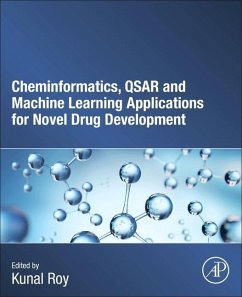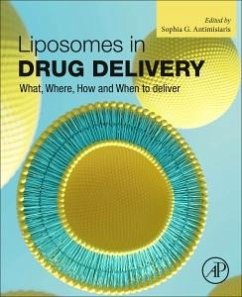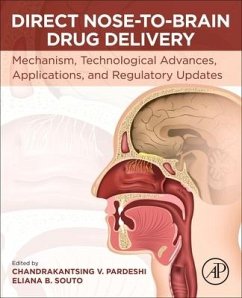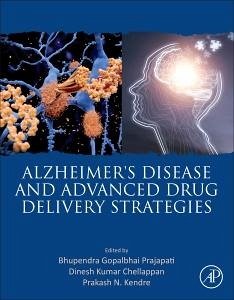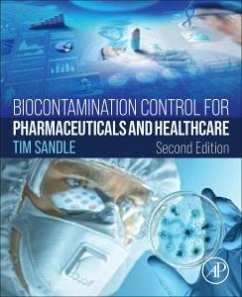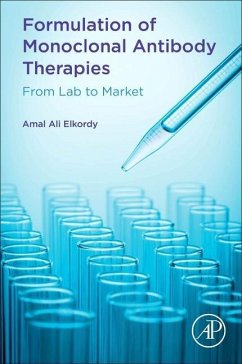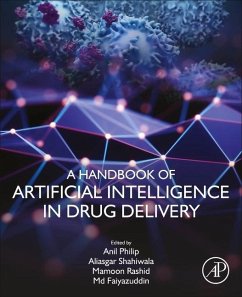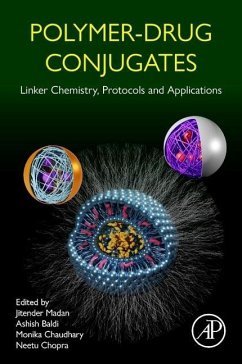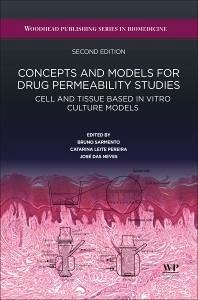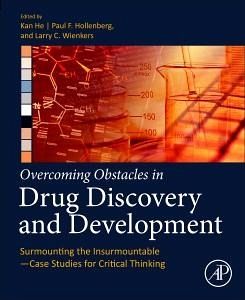
Overcoming Obstacles in Drug Discovery and Development
Surmounting the Insurmountable--Case Studies for Critical Thinking
Herausgeber: He, Kan; Wienkers, Larry C; Hollenberg, Paul F

PAYBACK Punkte
57 °P sammeln!
Overcoming Obstacles in Drug Discovery and Development uses real-world case studies to illustrate how critical thinking and problem solving skills are applied in the discovery and development of drugs. It also shows how developing critical thinking to overcome issues plays an essential role in the process. Modern drug discovery and development is a highly complex undertaking that requires scientific and professional expertise to be successful. After the identification of a molecular entity for treating a medical condition, challenges inevitably arise during the subsequent development to unders...
Overcoming Obstacles in Drug Discovery and Development uses real-world case studies to illustrate how critical thinking and problem solving skills are applied in the discovery and development of drugs. It also shows how developing critical thinking to overcome issues plays an essential role in the process. Modern drug discovery and development is a highly complex undertaking that requires scientific and professional expertise to be successful. After the identification of a molecular entity for treating a medical condition, challenges inevitably arise during the subsequent development to understand and characterize the biological profile; feedback from scientists is used to fine-tune the molecular entity to obtain an effective and safe product. In this process, the discovery team may identify unexpected safety issues and new medical disorders for treatment by the molecular entity. Invariably inherent in this complex undertaking are miscues, mistakes, and unexpected problems that can derail development and throw timetables into disarray, potentially leading to failure in the development of a medically useful drug. Addressing critical unexpected problems during development often requires scientists to utilize critical thinking and imaginative problem-solving skills. Overcoming Obstacles in Drug Discovery and Development will be essential to young scientists to help learn the skills to successfully face challenges, learn from mistakes, and further develop critical thinking skills. It will also be beneficial to experienced researchers who can learn from the case studies of successful and unsuccessful drug development.




